India-U.S. $1 trillion: The Mahindra GenZe case study
The following is an excerpt from the book 'India-U.S:$1 trillion by 2030' by Nish Acharya, Visiting Fellow at Gateway House
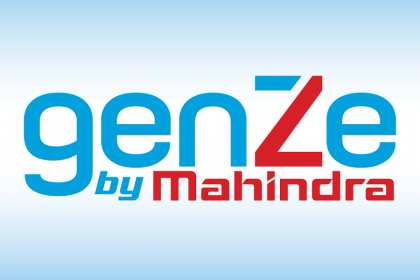 Courtesy: GenZe
Courtesy: GenZe
The following is an excerpt from the book 'India-U.S:$1 trillion by 2030' by Nish Acharya, Visiting Fellow at Gateway House
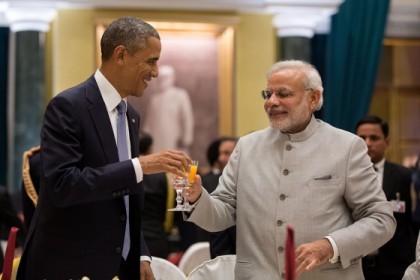 Courtesy: Wikipedia
Courtesy: Wikipedia
Behind the hullabaloo and grand optics that will accompany PM Narendra Modi’s visit to the U.S. will be laser-focused discussions on enhancing the strategic trade and investment relationship
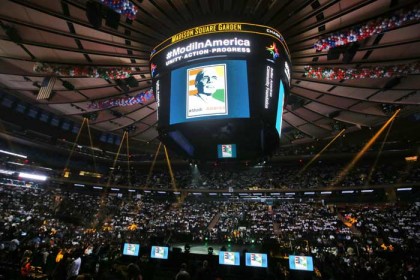 Courtesy: PTI
Courtesy: PTI
On his second trip to the U.S. next week, Modi will meet Obama to discuss various issues, including climate change and the civil nuclear deal; he will also visit Silicon Valley to explore innovation and social enterprise. But beyond the promises of this agenda, both sides must now devise deliverables that make the bilateral dream a reality.
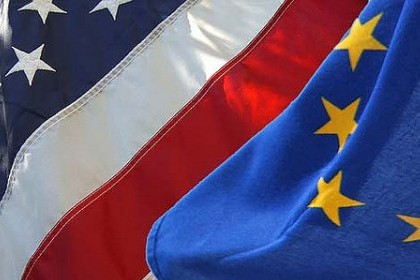 Courtesy: openDemocracy / Flickr
Courtesy: openDemocracy / Flickr
If the Transatlantic Trade and Investment Partnership moves ahead after further negotiations were held in July, Indian exporters could be disadvantaged. Instead, India must be ready to use the further opening up of huge markets across the Atlantic, and adopt trade policies that mix regionalism and multilateralism.
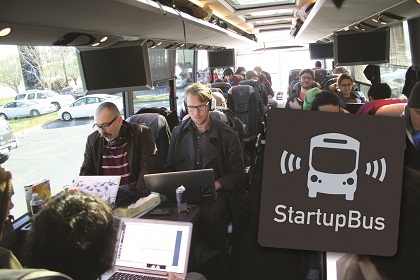 Courtesy: John Fischer/Flickr
Courtesy: John Fischer/Flickr
Prime Minister Narendra Modi's outreach to the influential Indian diaspora in Silicon Valley in September should be centered on creating an Indian ecosystem for tech start-ups
The following is an excerpt from the book 'India-U.S:$1 trillion by 2030' by Nish Acharya, Visiting Fellow at Gateway House
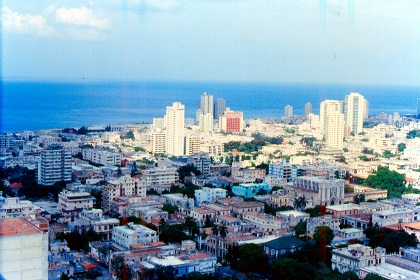 Courtesy: Madaki/Wikimedia Commons
Courtesy: Madaki/Wikimedia Commons
After respite from the U.S. government, Cuba now faces the daunting task of reviving its economy without having to give up on its political ideology. The Singaporean model of limited democracy is something Cuba could emulate.
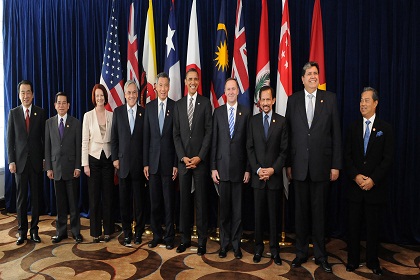 Courtesy: Wikipedia
Courtesy: Wikipedia
The Trans-Pacific Partnership might soon be concluded if the U.S. Congress fast-tracks it, as recently announced, while the Regional Comprehensive Economic Partnership Agreement remains on slow-track. But the TPP, although ambitious, follows an outdated template, and it is the dynamic RCEP that can be a model for a new global rules-based framework
 Courtesy: media.licdn.com
Courtesy: media.licdn.com
Widely heralded as a success that brought together U.S. and Indian pharma producers over a high-cost drug at affordable prices, the Gilead deal looked ideal. A closer examination shows there’s more to consider than just low costs before the deal can become a template
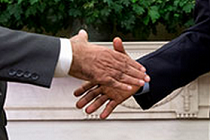 Courtesy: http://photos.state.gov
/libraries/america/3239/
Courtesy: http://photos.state.gov
/libraries/america/3239/
India is revising the model draft agreement of its existing bilateral investment treaties. Some of the new clauses are unlikely to be accepted by either U.S. negotiators or U.S. corporations without substantial dilution